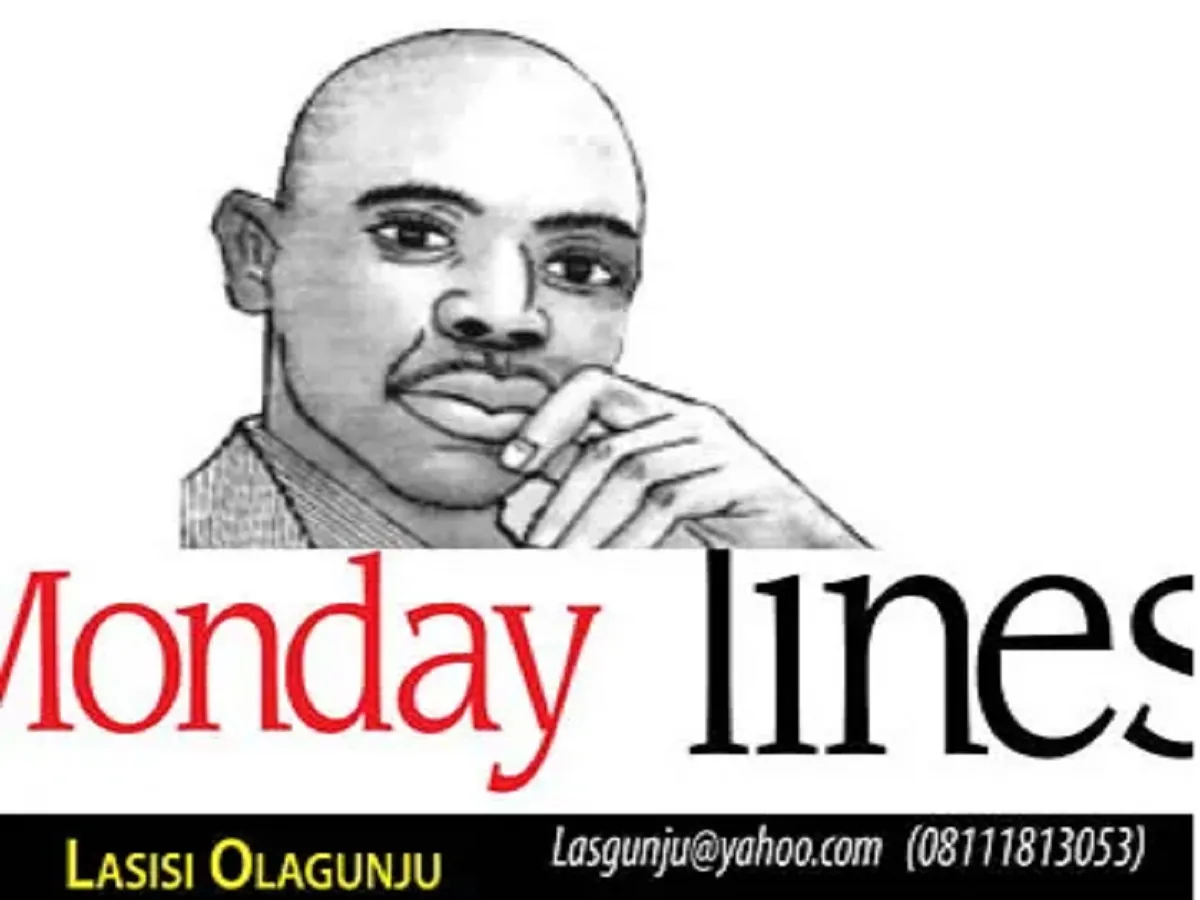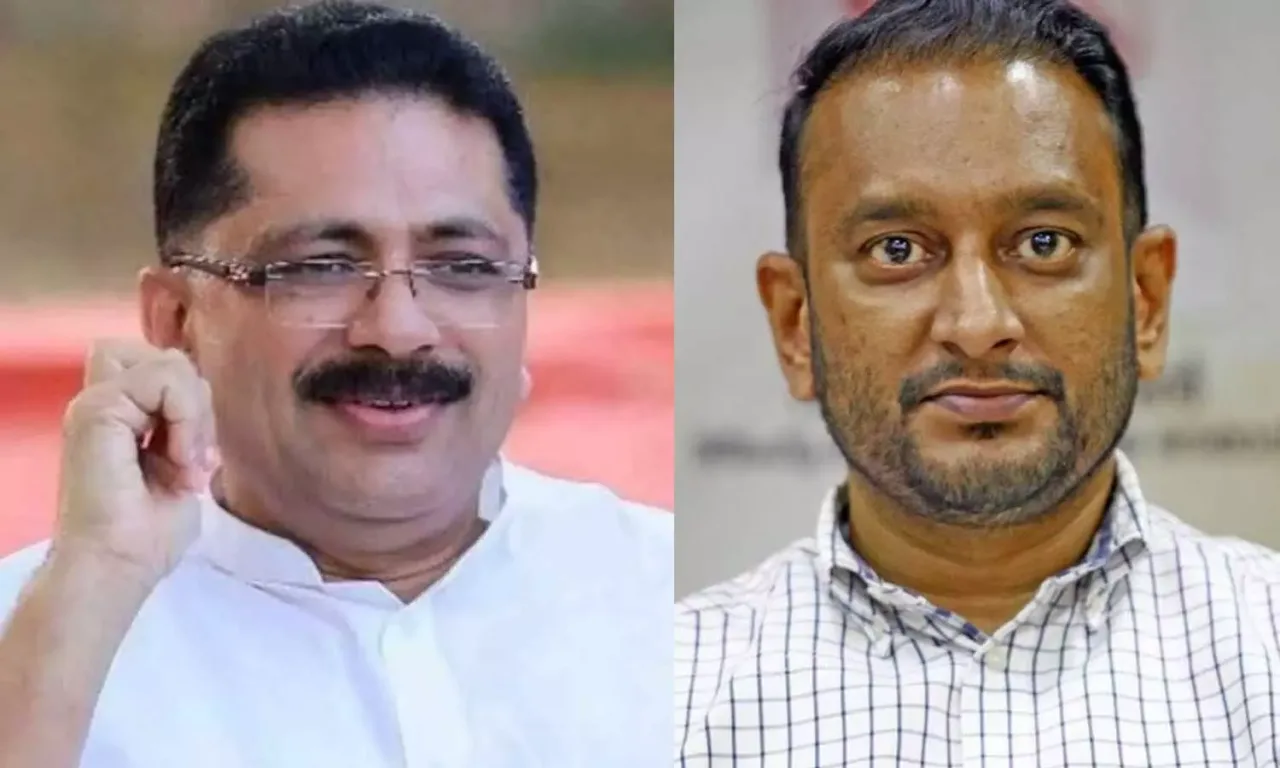By Lasisi Olagunju
Copyright tribuneonlineng

In February 2025, Daily Trust quoted him as saying: “I’ve been fighting battles all my life and I have not lost one yet.”
In May 2025, Business Day quoted him as saying: “I have been fighting all my life. And I will win at the end of the day.”
Aliko Dangote, President of Dangote Group, speaks those words each time there is a war to fight. In the last two, three weeks, I have heard him repeat that statement about fighting all life and winning all the time.
There is a bird in the Yoruba forest called Òrófó. Its mouth is its executioner. If I fought and won all the time, I would not display the trophy all the time.
Each time I hear people boast about their strength and blessings, I reach for my favourite quote:
“Travel and tell no one,
Live a true love story and tell no one,
Live happily and tell no one,
People ruin beautiful things.”
It is one of my priceless quotes; it is from Khalil Gibran, Lebanese-American poet who lived from January 6, 1883 to April 10, 1931. There is a reason why the light travels light; it is because the world is heavy.
Dangote may be correct in his self-assessment as the unbeaten. He is the lion in Nigeria’s industrial jungle. He fought and won in cement, in sugar, in flour. But did he win the noodles war? When he started his refinery project, I heard people who said we should expect another war in that sector. And that is what we see. But if I were him, I would reflect that even the lion has limits. A lion that fights hyenas, leopards, wild dogs, and hunters all at once will soon learn that its roar and paws are not enough. If I were him, I would know that there is a difference between the unbeaten and the unbeatable. I would know that strength spread too thin becomes weakness. A lion who fights every creature in the forest risks exhaustion. It risks even worse: isolation.
The wealthy man who fights and wins all wars now has his hands full. At the beginning of his refinery journey, Aliko fought the regulators over approvals and compliance issues; he crossed that river and turned his cannon on depot owners and marketers; this week, he is fighting the unions. And now the unions are responding by shutting the valves. PENGASSAN at the weekend ordered a blitzkrieg on Nigeria’s fuel lifeline: it instructed its members to stop all gas supply to Dangote refinery with immediate effect; it ordered crude oil supply valves to the facility shut; it directed loading operations for vessels headed to the refinery suspended. It’s grouse was the mass sack of workers there.
It has been one war after another, a rolling theatre of conflicts that raises the question: can one man, no matter how wealthy, fight every battle and still win the war?
But the unions are not saints either. Nigerian unions roar justice but feed like hyenas. They thrive in disruption. They fight for rents. A union that turns every quarrel into a weapon or business may one day find that it has destroyed its own leverage.
Sword that destroyed its sheath is homeless. I do not know what democracy calls pulling the plug on a promising patient. But I know that under the military, those who did what PENGASSAN ordered at the weekend were deemed to have committed grievous crimes. Luckily, we are in a democracy.
Shortly before the PENGASSAN bombardment, there was the war with DAPPMAN, the depot owners and marketers. Dangote said they demanded ₦1.5 trillion in hidden subsidies each year. He said he would not pay. He said they wanted him to cover coastal charges and logistics. He insisted that his gantry price was fair. He dared them to sue. The marketers replied that Dangote sold cheaper petrol abroad than at home. They called him disruptive. They accused him of undermining competition. So, the drama grows. The lion roars at unions, at traders, at depot owners, and at those he called the mafia in the oil industry. The elephant struggles with its own bulk. But wisdom says no hunter fights every battle.
I had this hearty discussion with some friends yesterday. They think the unions were unreasonable and exploitative. I agreed with them but asked them to also check what a monopoly in fuel refining and supply does to national security. All monopolies are dangerous.
I told my friends what a voice told me: If one refinery is the nation’s fuel heart, don’t we know that one strike or sabotage can paralyse the country?
What if the refinery owner even decides to ‘go on strike’ or produce and refuse to sell?
When a country’s situation is as it is, will that be said to be sovereignty? That will be fragility disguised as progress. I hope you agree with this.
No village entrusts its present and future sustenance to one farm, no matter how large. Nigeria does not need monopolies, whether in refineries or in unions. What it needs is balance, competition, and choice.
Nigeria needs competition, not concentration. It needs many refineries, not one. But where are the investors? Where is the government? Why do we need more than the behemoth in Ibeju-Lekki? Folklorists tell of an elephant. It was the envy of the savannah. Grass bent under its feet. Trees shook at its steps. But when drought came, its size became its curse. Its massive body needed more water than the land could give. Smaller animals survived on little streams. The elephant collapsed under its own weight.
That is the risk with this lone refinery. It is an elephant, mighty and heavy. The body and its demands are a burden to it. Its operational environment is choky. I pity the promoter. He must have found out too late that this terrain is not solid and firm as concrete; not as soft as dough. The refinery ground is crude, oily, slippery, and treacherous.
Those who know told me that in this business of refinery and refining, tension will remain forever high because margins are thin. In there, refineries buy crude in dollars; they sell fuel in naira. Debts keep breathing in banks while workers hum discontent with the life they live. As investors juggled the figures to stay afloat, at the UNGA, we heard rhetorics that tell the world to accelerate its movement towards clean energy. Clearly, the elephant carries more weight than the land may sustain.
But what kind of country fears convulsion, or even convulses, because a private company has issues with its stakeholders? Ask around how many refineries Egypt has. Google says Egypt currently has eight operating oil refineries, with a total nameplate capacity of approximately 763,000 barrels per day. And Algeria? Six: five operational, the sixth about to be commissioned. How about small Ghana? I asked Google and this is its final answer: “Ghana currently has two main operational refineries, the state-owned Tema Oil Refinery (TOR) and the Sentuo Oil Refinery… In addition to these two, the nation is also developing the Petroleum Hub Project, a large-scale initiative that includes the construction of three new refineries as part of a three-phase project aiming to significantly reduce Ghana’s reliance on imported refined fuels.” What is Nigeria as a country building? Do not bother to check. If you check, what you will find is 2027.
Back to the feuding Dangote refinery and its union of workers. Negotiation and bargaining and agreeing (rather than stone-throwing) are key in human transactions. In his ‘Bargaining and War’, R. Harrison Wagner notes that “nearly all wars end not because the (feuding parties) are incapable of further fighting but because they agree to stop.”
It is sweet to fight and win. But that is where it ends. The one who killed an elephant with his hat enjoyed the fame for just 24 hours. The next day, everyone avoided him. Enough of unhelpful tough talking and disruptions. As I watch the drama of this oily war, I see the two entitled camps unravelling. I see both sides losing ultimately. But their loss will be our loss, a disaster. The country will grind to a halt.
So, I ask the oily fighters in Lagos to read Khalil Gibran’s ‘The Two Cages’: “In my father’s garden, there are two cages. In one is a lion, which my father’s slaves brought from the desert of Ninavah; in the other is a songless sparrow. Every day at dawn, the sparrow calls to the lion, ‘Good morrow to thee, brother prisoner’.”
There is no winner in this war.



